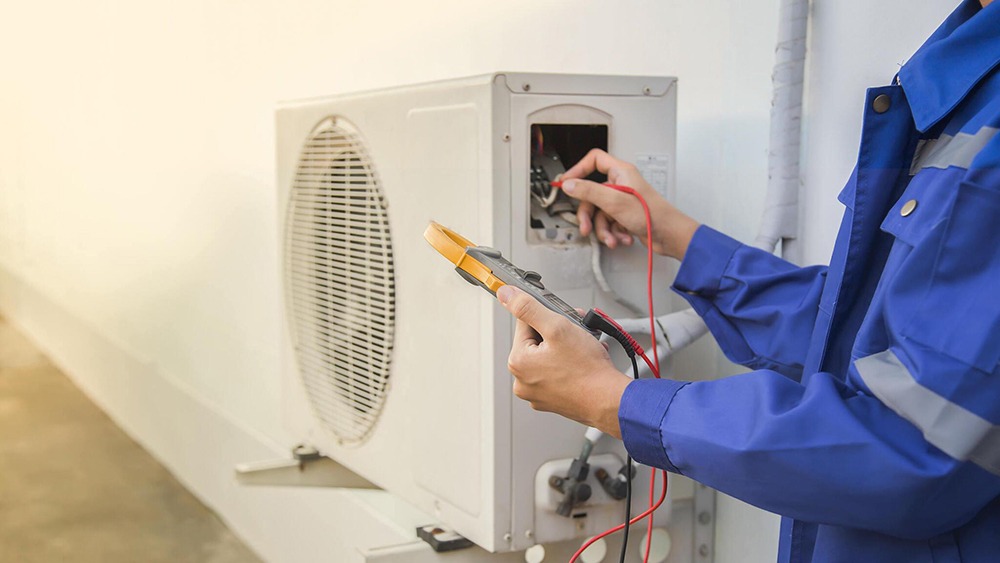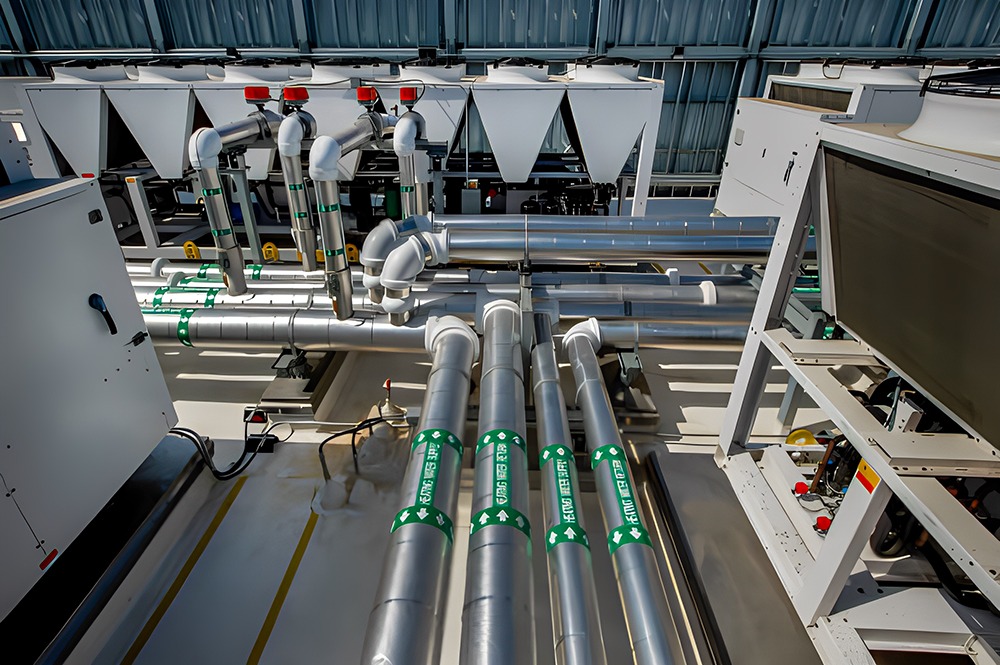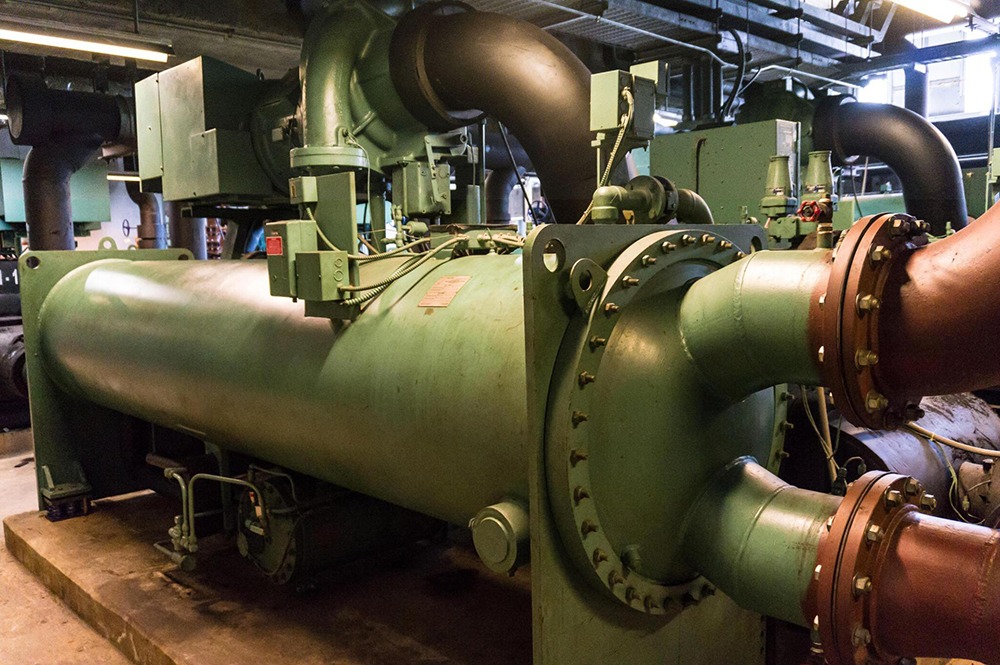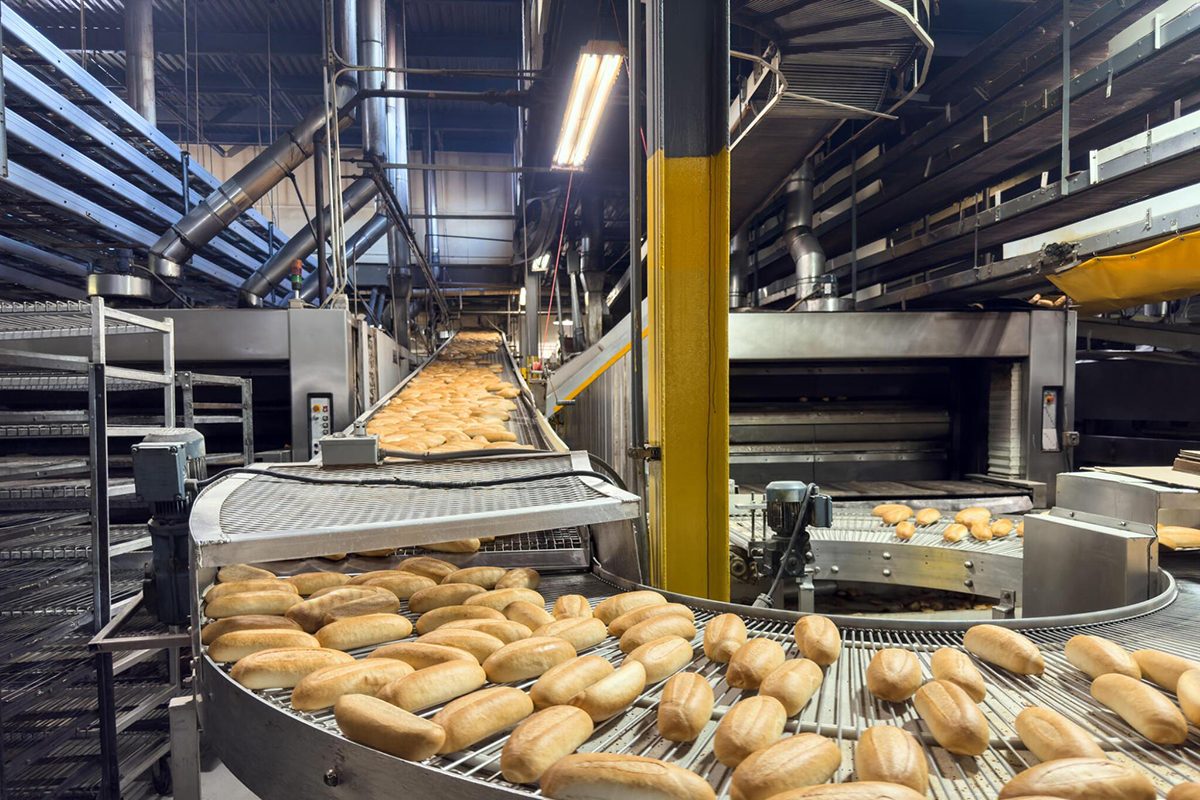Hot Water Heating Systems and Air Conditioning

Hot water heating systems and air conditioning are commonly used to ensure comfortable temperatures in buildings.
The use of heat transfer liquids instead of inhibited water is linked with energy savings during shutdown. Many hot water systems are used to heat buildings, that do not require permanent heating. Typical examples are commercial offices, clean rooms, pharmaceutical, biotechnology, universities, schools etc.
When a proper heat transfer fluid is used, the entire system or parts of the system can be turned off, even when outside temperatures are below zero. Meanwhile, the system is ready to be started at any time. The mixture of a heat transfer fluid guarantees freeze protection and corrosion protection.
Heat transfer fluids have two basic functions in hot water heating systems and air conditioning:
- Guaranteed freeze protection
- Corrosion protection
Biological Control
For moderate climates such as Western Europe, freeze protection down to -20 °C is generally sufficient to protect the installation, even if the pipes are installed in the external walls. The use of our heat transfer fluids in floor heating systems has proven to be as successful as an antifreeze or corrosion inhibitor, even when plastic pipes such as those made from PE are used.

More Applications

Indirect Cooling Systems and Secondary Refrigeration
The difference between direct cooling systems resides in the physical separation between the primary circuit and the secondary system
More Details
Heat Pump Systems
Reversing the natural heat flow direction. Heat flows naturally from a higher to a lower temperature. Heat pumps, however, are able to reverse this flow in the other direction.
More Details
Liquid Coolants for Data Centres And Electronics
Cooling is an essential aspect to consider when it comes to computing systems and electronic applications.

Process Heating and Cooling
In the chemical industry, many processes require either cooling or heating. The temperature range of applications can widely vary.
More Details
Indirect Contact Freezing
Freezing food is probably the gentlest method of food preservation. Freezing prevents food from spoiling by inhibiting micro-organic and enzymatic action.

